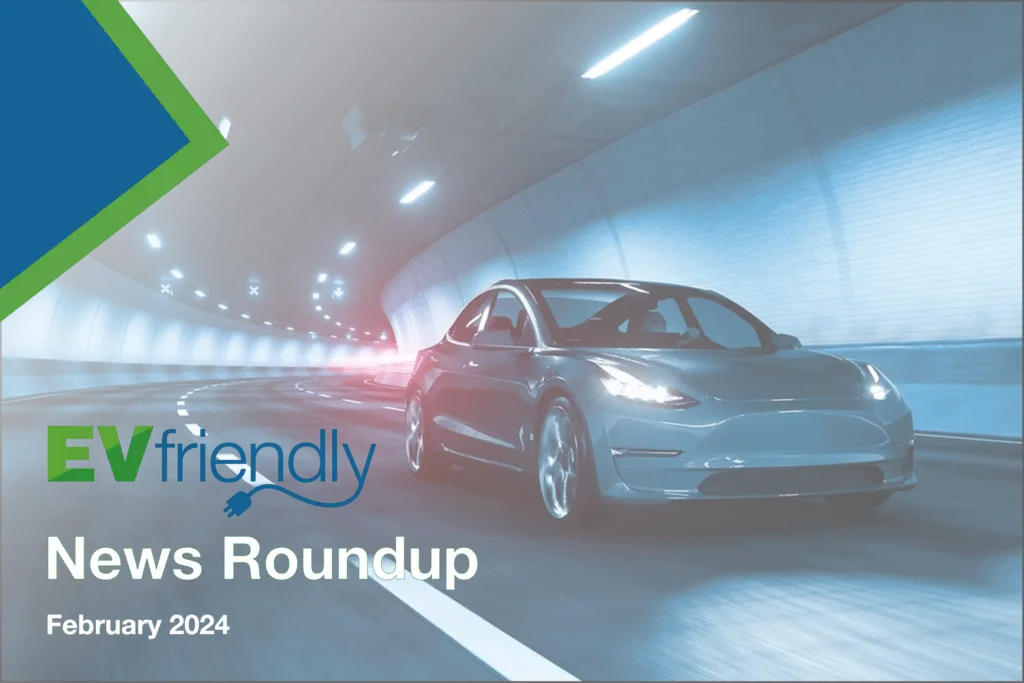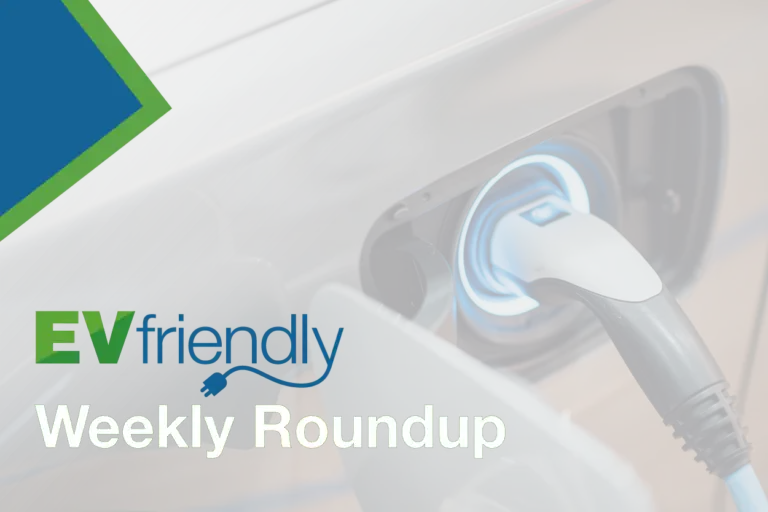Putting electric vehicles to the test: Are we ready for 2035?
The readiness for widespread adoption of electric vehicles (EVs) by 2035 is explored, highlighting challenges like range, charging infrastructure, and repairs. The consumer landscape appears unreliable and unregulated, with concerns about pricing and reliability of charging infrastructure. Additionally, there’s a call for more support from EV manufacturers. Despite the push for EVs, significant hurdles remain.
Canada, U.S. appear to be growing apart on a path to EV adoption
In the realm of electric vehicle (EV) adoption, Canada and the United States seem to be diverging on their paths. While Canada is ambitiously aiming for 100% EV production by 2035, the U.S. Environmental Protection Agency is anticipated to backtrack on its previous requirement for 60% of vehicles produced to be EVs by 2030. This contrast highlights differing priorities and approaches between the two countries in transitioning from internal combustion engines to zero-emission vehicles (ZEVs).
Facts vs. Fiction: What you need to know about EVs in Canada
Canadians have various concerns about electric vehicles (EVs), including strain on the power grid, range anxiety, electricity sources, meeting the 2035 mandate for all new vehicles to be electric, battery replacement costs, and broader environmental implications. Experts provide insights and potential solutions, highlighting the gradual transition to EVs, infrastructure planning, and integration into sustainability efforts.
Honda talks test Canada's desire to move away from blockbuster EV subsidies
Canada is reevaluating its approach to electric vehicle (EV) manufacturing incentives, shifting from large production subsidies to tax credits. Negotiations with Honda over a potential EV battery plant will test this transition. Last year, substantial subsidies were granted to companies like Stellantis and Volkswagen, but future plans involve tax credits, reflecting a broader strategy to develop the EV supply chain. Honda’s interest in Canada revolves around critical mineral deposits and clean electricity, though industrial subsidies may still be necessary. The aim is to establish a comprehensive EV ecosystem in Canada, attracting further investment.
Canada wants to be an EV nation, but first it has to convince consumers
Despite the Canadian government’s ambition to make electric vehicles (EVs) the primary choice for drivers, consumer demand is not meeting expectations. Concerns such as “range anxiety,” lack of charging infrastructure, and high sticker prices hinder widespread adoption. While EV market share is projected to grow, recent reports suggest sluggish sales and automakers scaling back production targets. The government’s goal of achieving 100% EV sales by 2035 faces challenges in convincing consumers and requires substantial investment in infrastructure and incentives. Subsidies play a significant role in encouraging EV purchases, but a coordinated effort involving federal, provincial, and municipal governments is needed to achieve targets effectively.






